Why is it so difficult to speak Polish? This might be the first question a foreigner asks during their first Polish lesson.
To be honest, learning Polish for me has not been easy at all. I moved to Poland in 2013 and sadly for me, I’m not fluent yet in this language. Don’t get me wrong, I’m still having Polish lessons every week, and last year I got my Polish language certification!
Polish might not be as easy as other languages
In my opinion, one of the main reasons that Polish seems like a mission impossible for many foreigners is the lack of patience. Comparing to other languages, especially Romance languages, when someone is learning them, after a few weeks of studying they are able to pronounce words, and even some basic phrases. But with the Polish language, this might not be the case.
When foreigners are learning Polish, they get really desperate because of not being able to pronounce or to talk with some Pole in the streets, or not understanding almost anything when someone asks them something in the shops. In my opinion, this is the main reason why foreigners give up with the Polish language. Patience is the key!

I struggled a lot in my first months in Poland, because I was able to say good morning or thank you, but trying to have a small conversation seemed impossible to me! The grandma of my Polish wife always said to me: “Why are you not speaking Polish yet?”. After several weeks of listening to this, I got really angry with myself because I couldn’t learn faster.
Eventually, with every Polish lesson I had, I was able to pronounce more words and talked a little bit more with my wife’s grandma.
What is the most difficult part of Polish? Is it reading, speaking, writing?
This obviously depends on each person, but in my opinion, the most difficult part of the Polish language is the grammar part – this section was the worst in my Polish certification exam haha.
Listening might be the easiest for me, as well as reading. But reading in front of someone and pronouncing the words 100% correctly, this is extremely hard for me. One quick example is this one: when I say the words “Bawić” (to play) and “Wabić” (to name a pet) there are no differences in sound at all for me, so when I say them loudly they sound exactly the same in my mind.
Most of the Spanish native speakers have the same problem as me, we can’t perceive any difference in sounds of the words that contain b,w, z, or s in Polish.
Reading contest in Polish with four Latinos and one Spanish girl
This gave me a great idea for a video. I decided to gather some of my Spanish speaking friends who live in Poland to challenge them to read some words in Polish, to see if they were able to pronounce them correctly, or if I was the only one having a problem with this.
For the video I invited five friends 0f different nationalities:
- Paula – Spain
- Holkan – Mexico
- Percy – Peru
- Bravo – Ecuador
- Renzo – Argentina
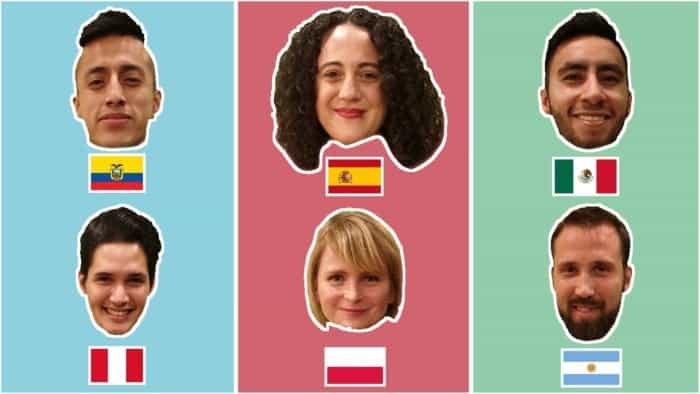
The idea of the video was the following: They had to read 40 words in Polish, divided into 4 categories:
- cities/towns from Poland
- animals
- household items
- body parts
They had 30 seconds per category to read as many words as possible of each category! If they read it correctly, they would get one point. The person with most points would win, simple as that!
Obviously, I wouldn’t be the judge of this reading and pronunciation contest. My Polish friend – Ewa – helped me with this. She was the judge, which means that she decided if a word was pronounced correctly or not.
My friends have been living in Poland for at least a few months, most of them for at least a couple of years, so this means that they already had some experience with reading in Polish. It was not their first rodeo!
And here is the video of this fun challenge! Make sure to not watch this video while drinking anything because you might spit it!
Who do you think was the winner?
The Polish words my friends had to read were the following:
Category 1: Cities, Towns or Villages from Poland
- Rzeszów
- Szlichtyngowa
- Włocławek
- Wałbrzych
- Jastrzębie
- Kędzierzyn
- Świętochłowice
- Bystrzyca Kłodzka
- Głuchołazy
- Oświęcim
Category 2: Animals
- Gołąb
- Jagnięcina
- Wiewiórka
- Jeż
- Wąż
- Wielbłąd
- Nosorożec
- Żółw
- Ośmiornica
- Nietoperz
Category 3: Household items
- Szafka
- Skrzynka na listy
- Gniazdko
- Odkurzacz
- Żelazko
- Prześcieradło
- Gwóźdź
- Śrubokręt
- Skrzynka Narzędziowa
- Szczoteczka do zębów
Category 4: Body parts
- Kręgosłup
- Dłoń
- Łokieć
- Żołądek
- Paznokieć
- Palec wskazujący
- Przedramię
- Łydka
- Mózg
- Podbródek

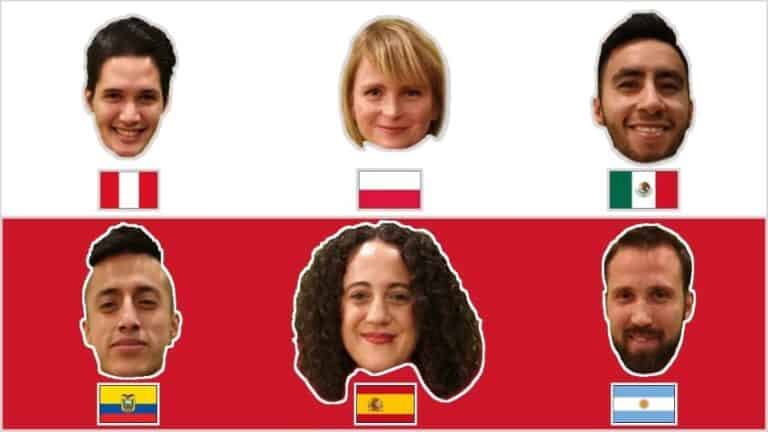

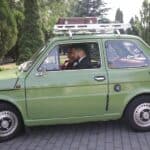
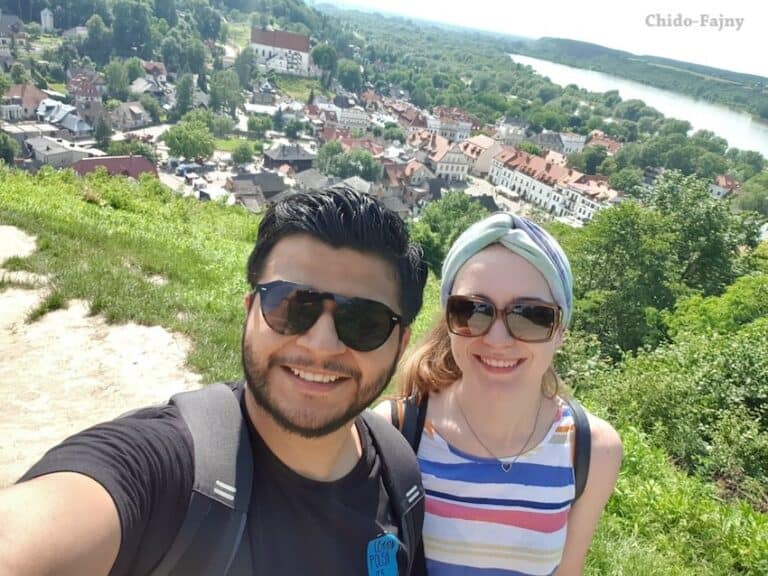
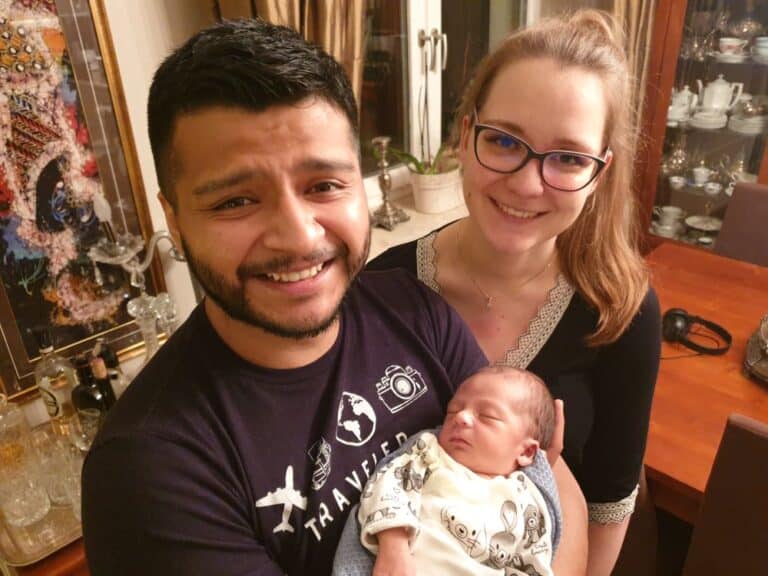
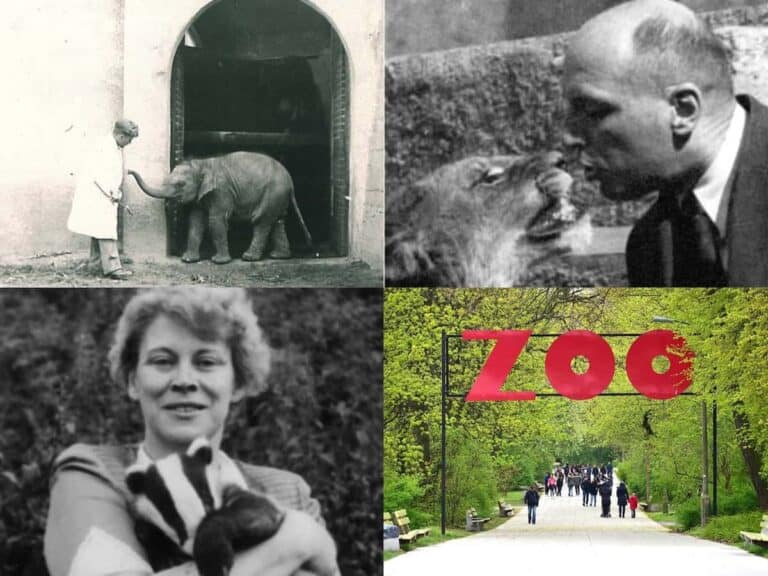
2 Comments
Straightforward and honest to the bones Polish grandma hit into my sense of humour like a hammer: “Why are you not speaking Polish yet?”:DDD
Polish grandmas are living legends!
Another Polish Grandmas classic: “Are you hungry?”…and you better be really hungry!
Jagnięcina is not a living animal. This is meat (namely mutton) from (of course dead) animal, namely young sheep. The word for a baby shedp is jagnię.